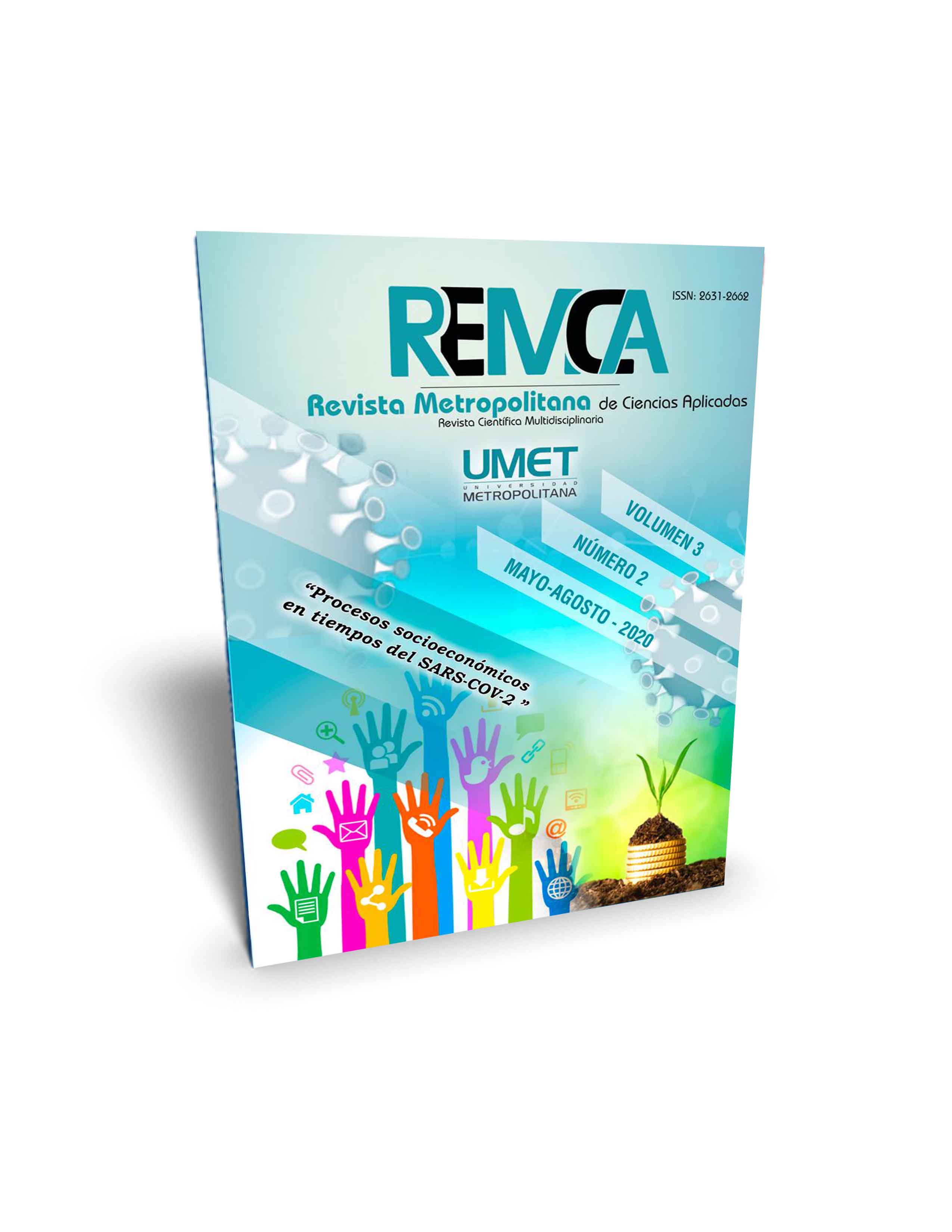Proposal for a training plan to consolidate the tax in the city of Guayaquil
DOI:
https://doi.org/10.62452/pbv5gz21Keywords:
Taxation, contribution, taxesAbstract
Taxation is relevant to the economy of the country, so encourage the community to engage in responsible and honest practices in the development of economic activity where they adhere to tax regulations to make tax returns and payment without resorting to avoidance or evasion acts that are not positive for the strengthening of the social, productive and tax structure of Ecuador. Today, taxpayers' lack of knowledge about their tax obligations to the Internal Revenue Service (SRI) persists, which generates penalties and fines, hence the importance of proposing a training plan for a greater tax culture for the citizens of Sauces III de the city of Guayaquil.
Downloads
References
Aguirre Fiallos, A. E. (2016). La cultura tributaria y su relación con el pago de los impuestos directos de la. Ambato. (Proyecto de Investigación, previo a la obtención del Título de Ingeniera en Contabilidad y Auditoría). Universidad Técnica de Ambato.
Castañeda Rodríguez, V. M. (2015). La moral tributaria en América Latina y la corrupción como uno de sus determinantes. Revista Mexicana de Ciencias Políticas y Sociales, 60(224), 103–132.
Chicas Zea, M. (2011). Propuesta para crear una unidad móvil de capacitación. (Tesis de maestría). Universidad de San Carlos de Guatemala.
Zurita Arteaga, L. C. (2013). Análisis e implementación de la planificación tributaria en la compañía Consulsimica S.A período 2011. (Proyecto de Investigación previo a la obtención del Título de Ingeniero en Contabilidad y Auditoría). Universidad Laica Vicente Rocafuerte.
Downloads
Published
Issue
Section
License
Copyright (c) 2020 Dailit González Capote, Yusniel Tartabull Contreras, Katherine Roxana Barzola Pinto (Autor/a)

This work is licensed under a Creative Commons Attribution-NonCommercial-ShareAlike 4.0 International License.
Authors who publish in Revista Metropolitana de Ciencias Aplicadas (REMCA), agree to the following terms:
1. Copyright
Authors retain unrestricted copyright to their work. Authors grant the journal the right of first publication. To this end, they assign the journal non-exclusive exploitation rights (reproduction, distribution, public communication, and transformation). Authors may enter into additional agreements for the non-exclusive distribution of the version of the work published in the journal, provided that acknowledgment of its initial publication in this journal is given.
© The authors.
2. License
The articles are published in the journal under the Creative Commons Attribution-NonCommercial-ShareAlike 4.0 International License (CC BY-NC-SA 4.0). The terms can be found at: https://creativecommons.org/licenses/by-nc-sa/4.0/deed.en
This license allows:
- Sharing: Copying and redistributing the material in any medium or format.
- Adapting: Remixing, transforming, and building upon the material.
Under the following terms:
- Attribution: You must give appropriate credit, provide a link to the license, and indicate if any changes were made. You may do this in any reasonable manner, but not in any way that suggests the licensor endorses or sponsors your use.
- NonCommercial: You may not use the material for commercial purposes.
- ShareAlike: If you remix, transform, or build upon the material, you must distribute your creation under the same license as the original work.
There are no additional restrictions. You may not apply legal terms or technological measures that legally restrict others from doing anything the license permits.




